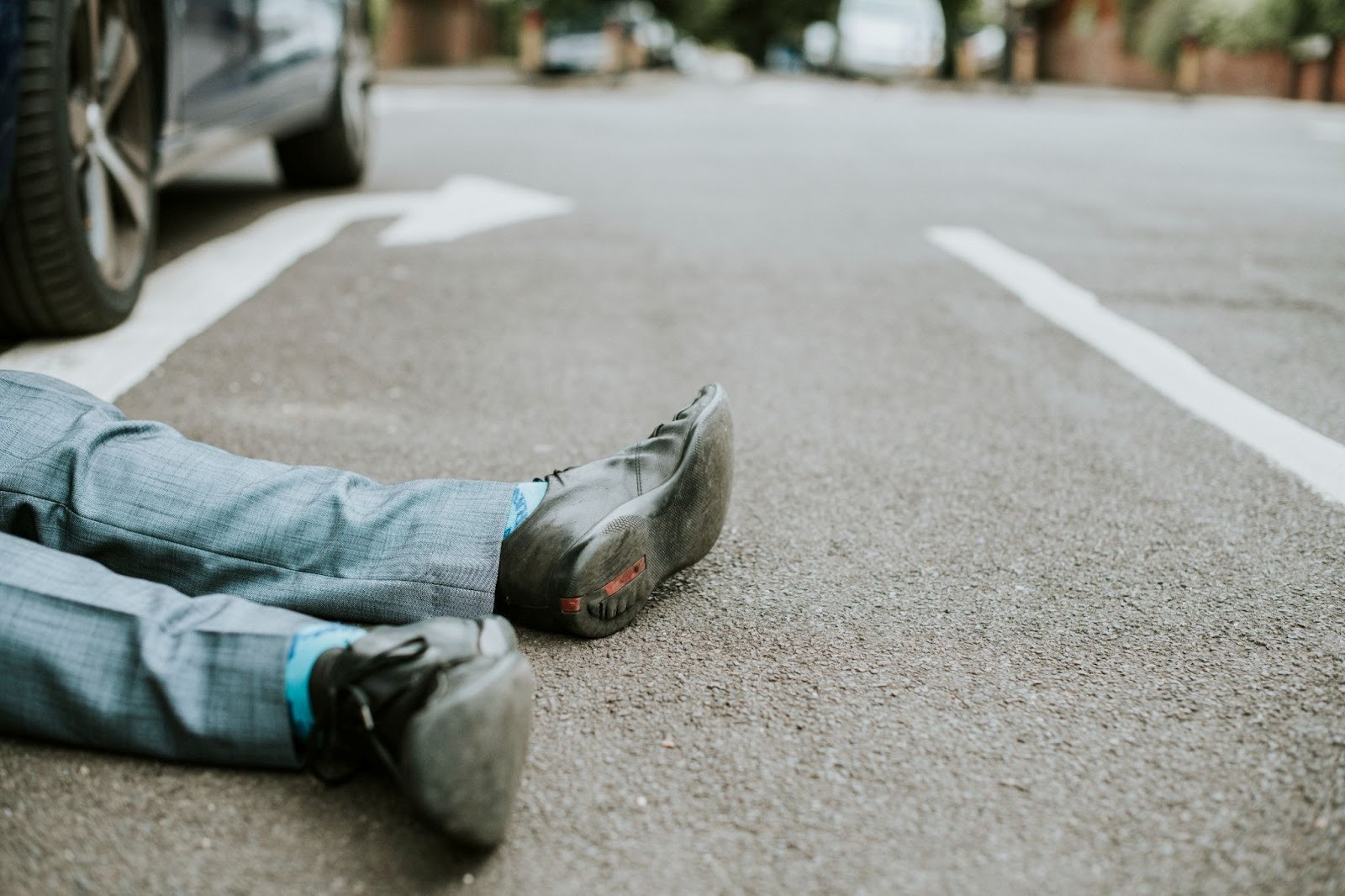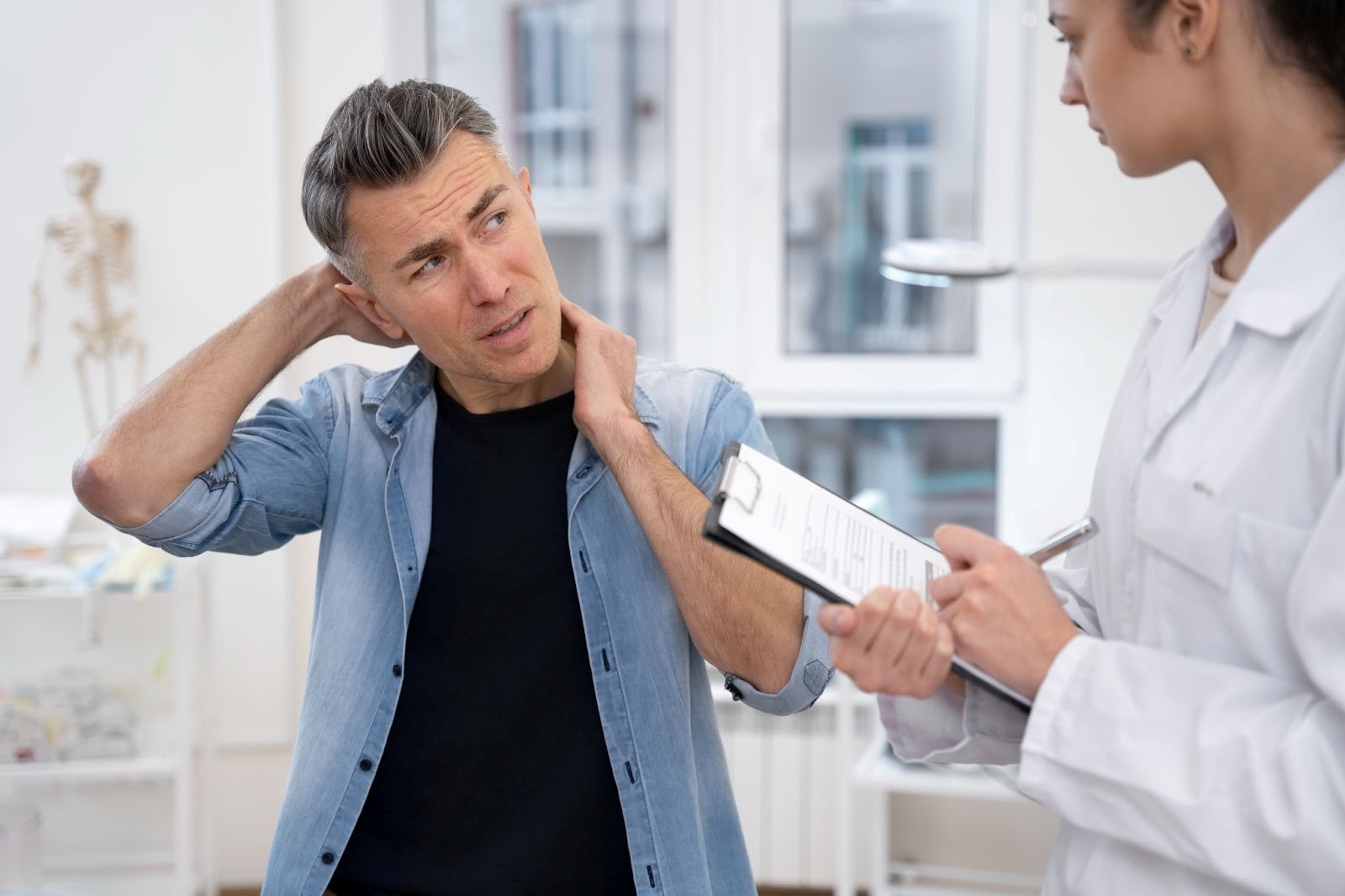
Hit-and-Run Laws in California
Hit-and-Run accidents may be among the most stressful types of accidents to be involved in. This blog post will go through hit-and-run laws, discuss their penalties, and raise potential defenses. Let’s begin! These laws include:
- California Vehicle Code (CVC)
- California Vehicle Code Section 20001
- California Vehicle Code Section 20002
California Vehicle Code (CVC)
Specific legal regulations concerning hit-and-run accidents in California are outlined in the California Vehicle Code (CVC). These apply regardless of whether an accident involves a different vehicle, a pedestrian, or a piece of property.
California Vehicle Code Section 20001
The legal responsibilities of a driver engaged in an accident resulting in another person's injury or death are outlined in California Vehicle Code Section 20001. This provision requires the driver of the code to stop, render aid to anyone hurt in the collision, and disclose necessary information to the authorities. The driver must also give the person they hit or the owner of the damaged property their name, current address, driver's license number, and car registration number. They must promptly report the accident and submit the data to the local law enforcement agency if the victim is unable to comprehend the nature of the accident or cannot receive it in person. After an accident that causes injury or death, failing to stop and offer assistance may have substantial legal repercussions, including criminal and civil culpability. It is not only against the law, but it also violates one's moral duty to help people who are in need. CVC 20001 violations are punishable by fines, imprisonment, and license suspension or revocation. It's crucial to obtain legal counsel if you are involved in such an accident to comprehend your legal rights and responsibilities.
California Vehicle Code Section 20002
The legal requirements of a driver engaged in an accident that causes damage to property other than a vehicle and flees the accident site are outlined in California Vehicle Code Section 20002. Any vehicle driver involved in such an accident must immediately stop the car at the closest spot that will not impede traffic and give the owner of the damaged property necessary information, such as the name, address, driver's license number, and car registration number. In addition, the driver must leave a notice with the same information on the damaged property in a prominent location if the owner of the damaged property is not at the accident scene. As a hit-and-run offense, failing to stop at the site of an accident that causes property damage or failing to submit information can have substantial legal repercussions. Hit-and-run incidents can result in fines, jail time, and license suspension or revocation as penalties. Therefore, getting legal counsel is crucial, as is in Code Section 20001.
Legal Penalties for a Hit-and-Run Offense
The legal penalties for a hit-and-run offense in California might change depending on the gravity of the conduct and whether it caused property damage or injury. The following are possible outcomes:
- If the hit-and-run resulted in injury or death, the driver may face felony charges, resulting in a sentence of up to four years in state prison and a fine of up to $10,000.
- If the hit-and-run resulted in only property damage, the driver might face up to six months in jail, a fine of up to $1,000, and a suspension of their driver's license for up to six months.
- If the driver was under the influence of drugs or alcohol when the hit-and-run occurred, they may also be charged with DUI, which carries even harsher legal repercussions.
A hit-and-run offense can have long-term repercussions, such as a criminal record, higher insurance premiums, and difficulty finding a job. No matter how severe the damage, it's crucial to keep in mind that leaving the site of an accident is prohibited and has substantial legal consequences. Therefore, retaining legal counsel if you've been in a hit-and-run accident is crucial to help understand your legal rights and obligations. Forward Law Group is here to answer your questions and help give you peace of mind.
Legal Defenses for Hit and Run Charges
Depending on the case's particulars, a defendant accused of hit-and-run may be able to raise several legal defenses. Some of the most typical defenses are listed below:
- Emergency: The defendant could claim they had a legitimate reason for leaving the scene if they did so to get medical care or report the accident to emergency personnel.
- Lack of Knowledge: The defendant may not be liable for hit-and-run if they were unaware they had been in an accident. The defendant can claim this if their car is hit from behind, but they did not feel the impact and kept driving.
- Lack of Intent: The defendant may argue that they are not guilty of a hit-and-run if they can present that they did not intentionally flee the site of the collision.
- Mistaken Identity: The defendant may escape being found guilty of a hit-and-run if they can prove they were not the driver who caused the collision.
For instance, the defendant might be able to claim that they did not intend to leave the scene of the accident if they were required to do so to move their automobile out of the way of oncoming traffic. These defenses are only sometimes available, and their applicability will depend on the particular facts of each case.
Forward Law Group - Here to Help
A hit-and-run accident may be charged as a felony, and anyone proven guilty may face legal action, penalties, and even jail time. It can be a distressing and overwhelming experience to be falsely accused of a hit-and-run, so it's crucial to clear your identity and defend your legal rights. You may have been wrongly identified by a witness or the individual who caused the accident might have fled the scene and made up the hit-and-run accusation to shield themselves from responsibility. It is crucial to consult with an experienced criminal defense lawyer if you have been wrongfully accused so they can explain your legal alternatives and build a strong defense. You can contact Forward Law Group at (818) 471-8389 to get all the help you need. We will defend your case with professionalism and confidence!
Also Read: California Eviction Defense



